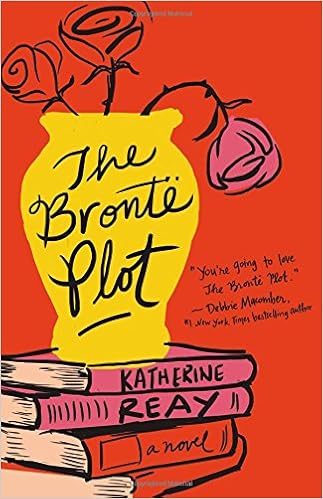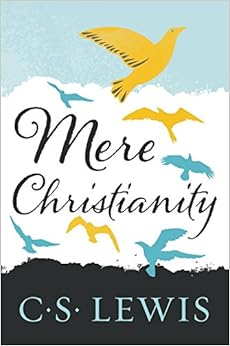 Well, if you didn't like Deception on Sable Hill I can't guarantee this one will suit you any better, but I did enjoy Whispers In the Reading Room more than the former. I would say that Gray is in her element with the genre she's exploring.
Well, if you didn't like Deception on Sable Hill I can't guarantee this one will suit you any better, but I did enjoy Whispers In the Reading Room more than the former. I would say that Gray is in her element with the genre she's exploring.Quaint, quiet, self-assured librarian Lydia meets soft-hearted, wealthy club owner Sebastian, resulting in a broken engagement with her abusive fiancé, the acquiring of quite a few new acquaintances, and an ominous murder charge that threatens to upend everything. And all of this because she admired him in his dedication to come to the library where she worked, sharing in her love of books.
He's sullen and mysterious, and attracts far too much attention for his own good - attention in the form of fear and intimidation - and with the nature of his business and the scars he carries from his childhood, trust becomes a difficult thing to discern.
Lydia is headstrong, independent, and resolved. Her financial situation being as it is, she can get by just well enough by pawning off most of her household possessions, although with her mother breathing down her neck and striving for more costly living standards, she cannot deny that it is a struggle. Only, will the curious existence of Sebastian Marks alleviate her situation or make things all the more complicated?
--Elise--
For more in formation on Whispers in the Reading Room by Shelley Gray, visit our website here.





